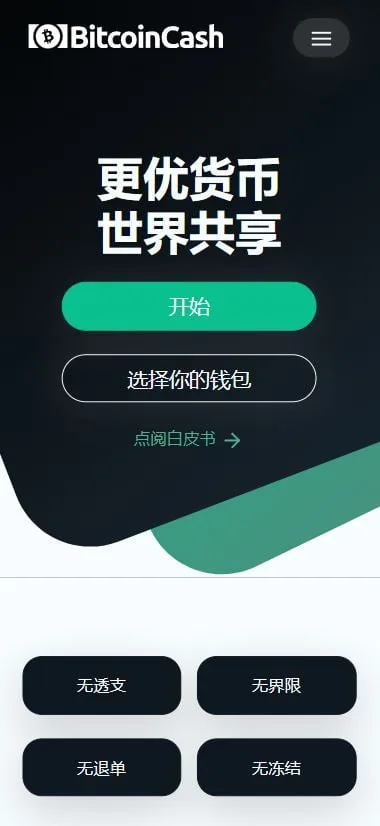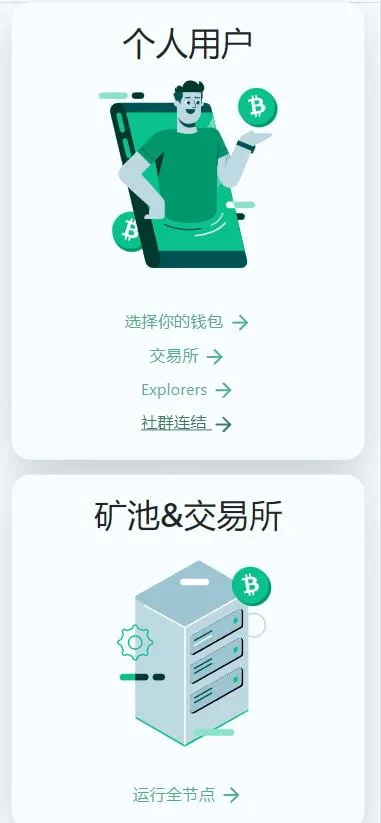Over View Bitcoin Cash (BCH)
Bitcoin Cash (BCH) was launched in 2017 as a fork of Bitcoin (BTC), created to address scalability and transaction fee concerns. The split occurred due to differing views on how Bitcoin’s blockchain should evolve, particularly in terms of its ability to compete with traditional payment systems such as Visa and PayPal.
Bitcoin Cash was developed by a group of Bitcoin enthusiasts who sought to make Bitcoin more suitable for everyday transactions by increasing the block size. Unlike Bitcoin, which maintains a 1 MB block size limit, Bitcoin Cash increased its block size to 8 MB at launch and later expanded it to 32 MB. This change was designed to allow more transactions to be processed per block, reducing congestion and lowering transaction fees, making it more viable for microtransactions and regular retail purchases.
One of the key differences between Bitcoin and Bitcoin Cash lies in their respective philosophies. While Bitcoin is viewed as a store of value and a digital asset for long-term investment, Bitcoin Cash focuses on becoming a medium of exchange for everyday transactions, providing cheaper and faster payments. The larger block size allows BCH to process more transactions at once, which is seen as essential for scaling and improving the efficiency of blockchain networks for widespread use.
Bitcoin Cash operates under the same 21 million coin cap as Bitcoin, meaning the total supply of BCH is finite. Similar to Bitcoin, BCH undergoes periodic “halvings” — events that reduce the reward miners receive for validating transactions, which in turn, controls the supply and helps prevent inflation.
The launch of Bitcoin Cash was driven by Bitcoin ABC, a group of developers and businesses within the cryptocurrency ecosystem who were unhappy with internal disagreements regarding Bitcoin’s development. In August 2017, after heated discussions, Bitcoin Cash was created as a new chain, allowing Bitcoin holders to receive an equivalent amount of BCH. This hard fork required substantial computational resources from miners to establish Bitcoin Cash’s independent blockchain.
Over the years, Bitcoin Cash has continued to evolve, adding features like token creation capabilities, similar to those found on Ethereum. BCH has developed a community focused on improving the cryptocurrency’s usability and network speed to better serve consumers and businesses looking for cheaper transaction solutions.
In summary, Bitcoin Cash (BCH) offers an alternative to Bitcoin by emphasizing lower transaction fees and greater scalability, making it an attractive option for everyday payments. With its larger block size, BCH is positioned to compete not only with Bitcoin but also with traditional payment systems, offering a practical solution to challenges faced by other cryptocurrencies in handling high transaction volumes. However, its ongoing development and the broader cryptocurrency community’s adoption will determine its long-term success in the digital payment space.



















Harran –
good
jong cajustin –
This coin look like the illu of btc !